
Endoscopy FAQs
- Home
- Endoscopy FAQs

What is endoscopy?
Endoscopy is a medical procedure used to view the digestive tract, and other internal organs, without an operation. Using an endoscope (a thin rubber tube with a lighted camera attached), the internal body structures can be seen enlarged on a video monitor by the physician.
Where is the endoscope inserted?
The endoscope can be inserted through the mouth (upper endoscopy or EGD), or through the rectum (colonoscopy)
Why is an endoscopy performed?
It is done to diagnose the cause of abdominal pain, acidity, gas, loss of appetite or weight, change in bowel habits, ‘piles’ (hemorrhoids) and bleeding. Diseases such as ulcers, esophageal, stomach or bowel cancer, polyps and colitis are easily diagnosed using endoscopy. Endoscopy can also be used to treat certain conditions.
Can I get both consultation and endoscopy done on the same day?
If you wish to have an endoscopy done, it is better to call earlier and schedule an appointment. Walk-in endoscopy can also be done, but only on days with lighter schedules.
How should I prepare for a colonoscopy?
Detailed instructions will be given at the hospital at the time of scheduling, along with the medicines required to do the bowel preparation. You should be on clear liquids (water, Sprite, black tea/coffee, clear juice without pulp) for 24 hours prior to colonoscopy, starting from the previous morning. That afternoon, you may take the prescribed laxative at home. You should arrive at the hospital next morning, at least an hour before your appointment.
You should not have eaten solid food for at least 8 hours prior to upper endoscopy. However, you may have water or black tea/coffee up to 2 hours prior to the procedure.
Are there any limitations after endoscopy?
Since it is done under IV sedation, you should not drive a motor vehicle for 24 hours after the procedure. There is no restriction on diet.
Is sedation mandatory?
No. In fact, the majority of endoscopies in India are done without sedation. However, it is much more comfortable to undergo the procedure under light IV sedation, which incidentally is the accepted standard in America.
What is a screening colonoscopy?
It is done on healthy persons over age 50, looking for polyps (small growths on the bowel wall) which are the earliest form of colon cancer. One out of 3-4 people over age 50 have polyps, which are silent, without symptoms. Removal of polyps at colonoscopy will greatly reduce the risk of colorectal cancer, which is the no.2 cause of cancer deaths worldwide, and one of the few genuinely preventable cancers. Countries like America, Europe, Singapore and China are already doing it as part of their routine health check-up at age 50.

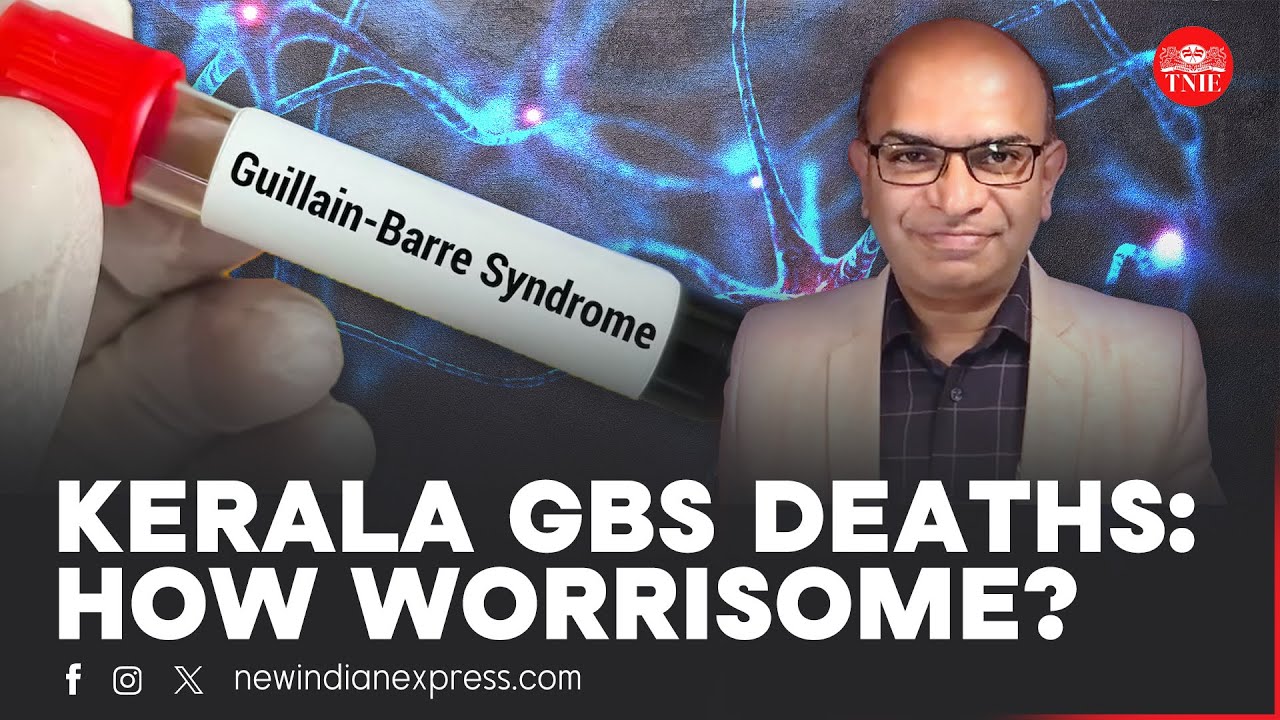
What is Guillain Barré syndrome? How is it diagnosed and treated? Why do some people get severe outcomes? How can we reduce the risk?
read more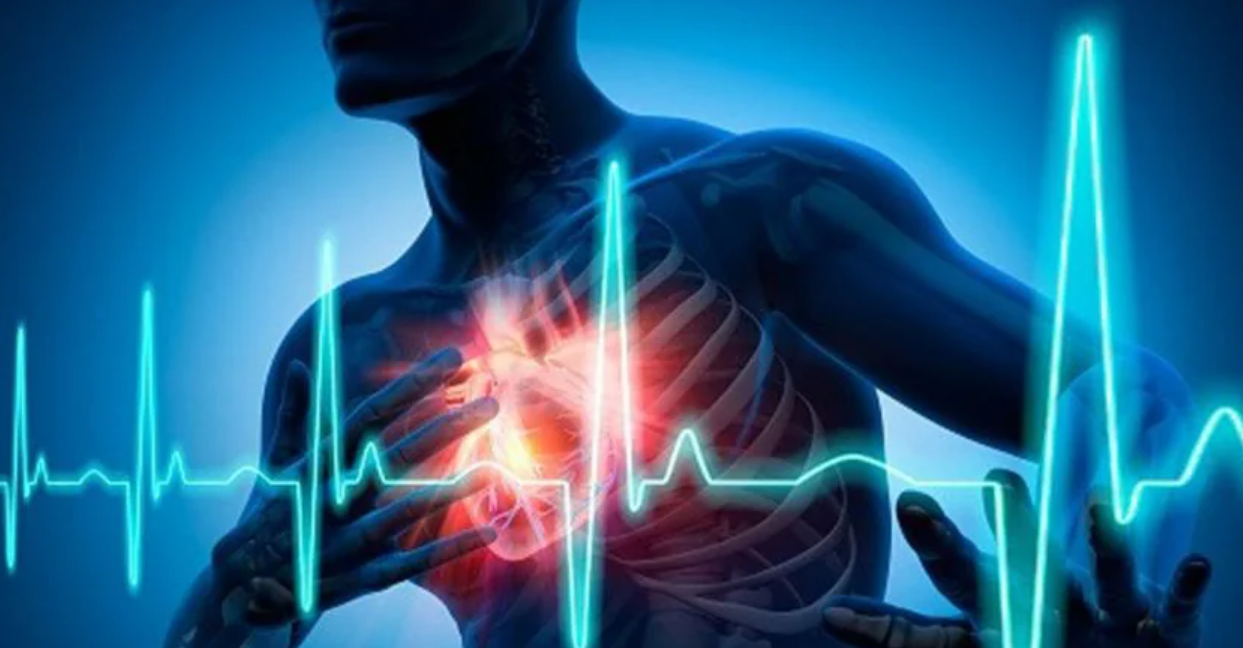
?What causes heart attacks? ?How to reduce stress? ?What does science say about sleep? ?Do COVID vaccines cause sudden deaths as claimed on social media?…
read more
Talked with Georgia Tolley of Dubai Eye Radio about the effect of heat waves on human health. The audio is from 18th minute onwards of…
read more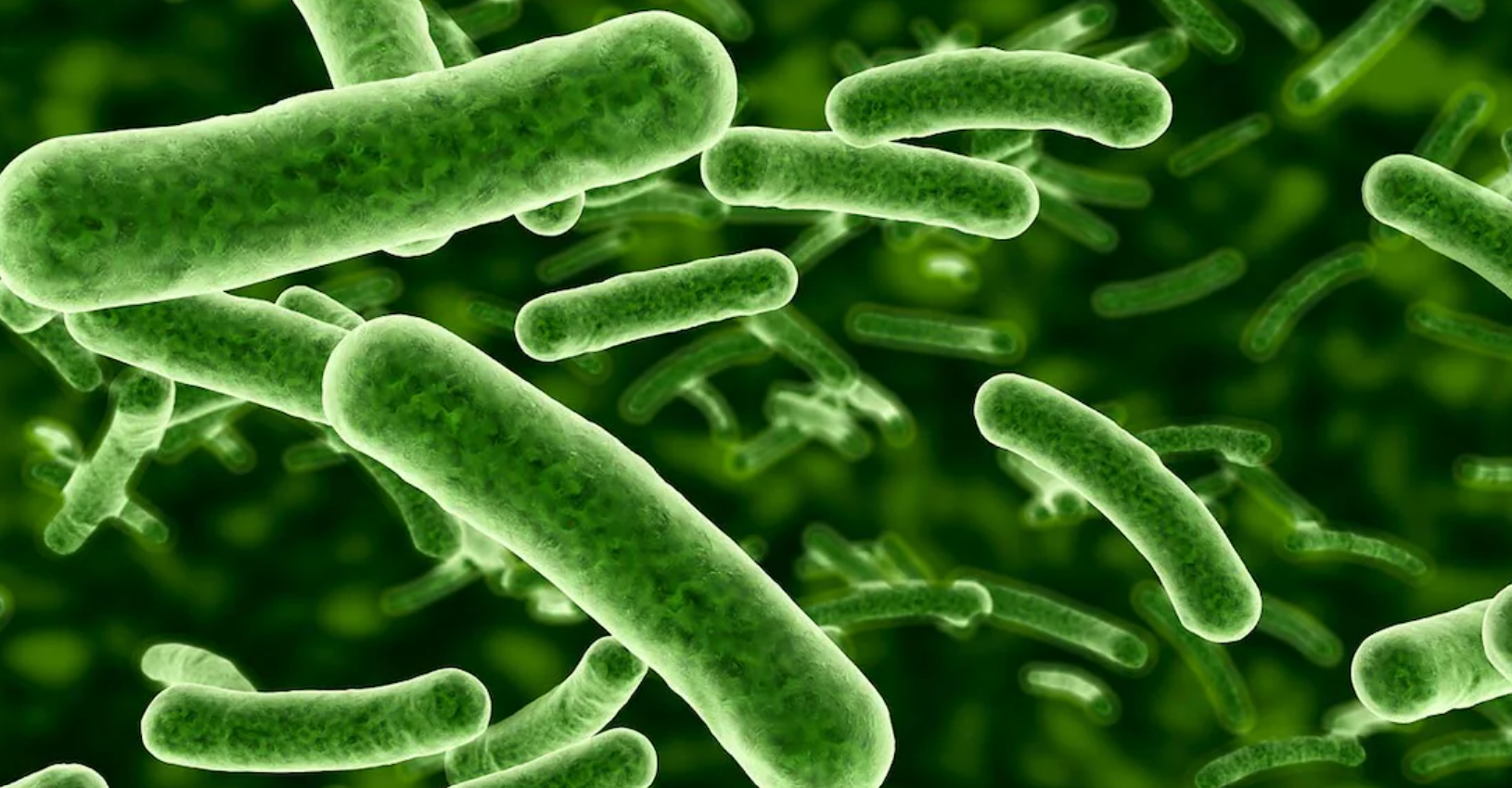
ഗ്രൂപ്പ് എ സ്ട്രെപ്റ്റോകോക്കൽ ബാക്ടീരിയ ബാധയിലൂടെ ഉണ്ടാകുന്ന സ്ട്രെപ്റ്റോകോക്കൽ ടോസിക് ഷോക്ക് സിൻഡ്രോം (എസ്ടിഎസ്എസ്) അഥവാ ‘ഫ്ലഷ് ഈറ്റിങ്’ ബാക്ടീരിയൽ ഇൻഫെക്ഷൻ ജപ്പാനിൽ വ്യാപിക്കുന്നതായി റിപ്പോർട്ട് വന്നതോടെ മറ്റൊരു മഹാമാരിയുടെ തുടക്കമാണോ എന്ന ചർച്ചകൾ…
read more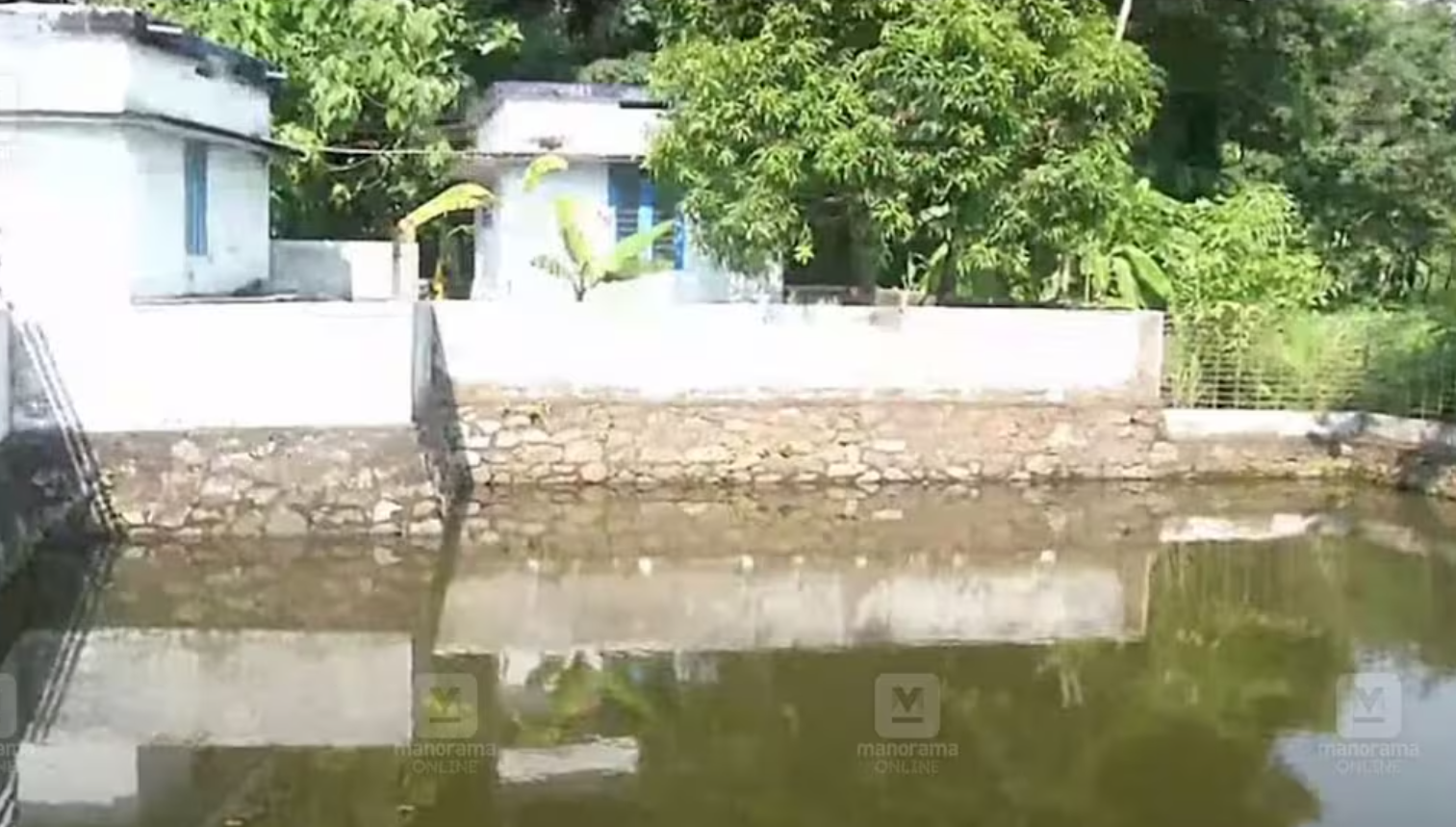
ഹെപ്പറ്റൈറ്റിസ് എ വൈറസ് ശരീരത്തിൽ പ്രവേശിച്ചാൽ അത് മറ്റുള്ളവരിലേക്ക് പകരാനുള്ള സാധ്യതയുണ്ടെന്ന് പ്രമുഖ ഗ്യാസ്ട്രോഎന്ററോളജിസ്റ്റും ഇന്ത്യൻ മെഡിക്കൽ അസോസിയേഷൻ മുൻ പ്രസിഡന്റുമായ ഡോ. രാജീവ് ജയദേവൻ പറയുന്നു.
read more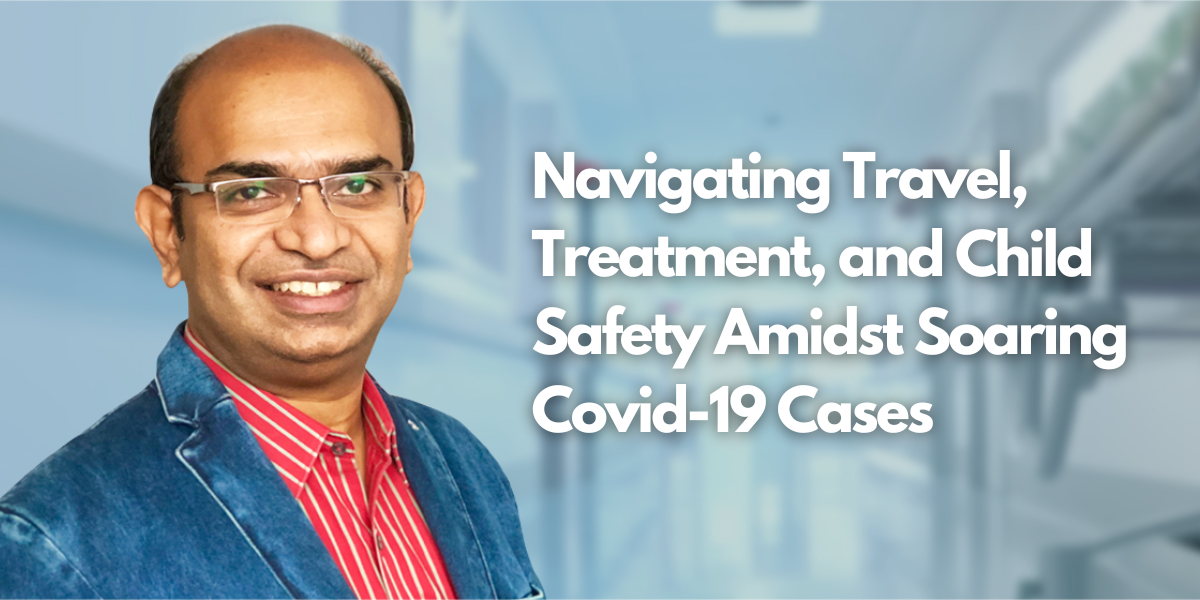
Dr Rajeev Jayadevan, Co-Chairman of the National Indian Medical Association Covid Task Force, engages in an exclusive conversation with South First, delving into pivotal questions.
read more

Dr Rajeev Jayadevan completed his MBBS and MD General Medicine with top honours from Christian Medical College (CMC) Vellore in 1995. He received training in Clinical Epidemiology and Public Health from Erasmus University, Rotterdam, Netherlands. He was awarded MRCP (UK) from England in 1996. He obtained Board Certification in Medicine and Gastroenterology (Fellowship) from New York Medical College, and spent 3 years in the UK and 10 years in the US before returning to his hometown of Cochin. He has extensive international experience of performing over 20,000 endoscopies, in addition to research and publications. He established the department of Gastroenterology at Sunrise Hospital, Cochin in 2009.
His academic track record is exceptional. He was the Kerala state SSLC second rank holder in 1984, Kerala state Medical entrance first rank holder in 1986 and Kerala state Engineering entrance 4th rank holder in 1986.